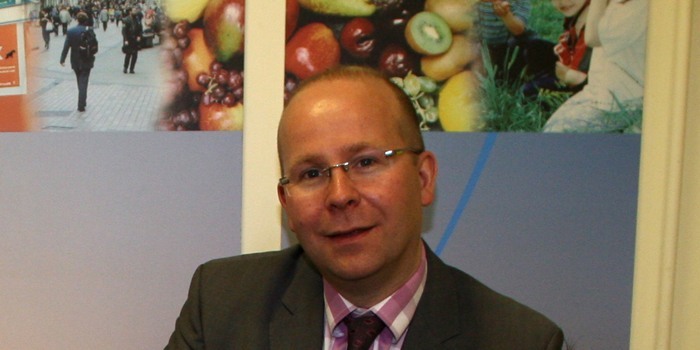A national doctors’ leader based in Perthshire has called on politicians to get round the table to discuss ways to tackle the shortage of vital medicines.
Dr Andrew Buist, deputy chairman of the British Medical Association’s Scottish GP committee, fears medicine stocks could worsen unless the UK government takes action.
The Blairgowrie GP made the comments in response to a news report that highlighted the long-running problem.
It claimed that drug shortages had reached “crisis point” and as a result sick Scots were dying.
Although Dr Buist is in no doubt that there is a shortage in medicines, even with standard medication, he does not, however, accept that patients are dying as a result.
“Certainly, it is not an infrequent occurrence and probably becoming more frequent,” he said. “Usually GPs do find an alternative, which is why I think to say patients are dying as a result is a bit strong.”
Dr Buist believes the shortages are not localised to certain areas but believes the problem is widespread across the UK.
One possible explanation behind for the shortfall has been put down to the privately run pharmaceutical firms selling their products to countries elsewhere in Europe who are willing to pay more for them.
As a result, patients in the UK are left waiting for what can be a life saving course of medication.
“Generic pharmaceutical drugs are sometimes not available,” continued Dr Buist. “Even a standard antibiotic such as fucithalmic, used for an eye infection, is not always available.
“The usual explanation we are given is that there has been manufacturing problems but I don’t know how often that is true.”
“Basically pharmaceuticals is an international business and at the moment they can get a better price elsewhere. The government has been trying to drive down prices here but the net result is that we get shortages.
“It would be worthwhile to have a debate on this issue. Unless we fully understand the issue and discuss this with politicians then this could get worse.”
NHS Tayside director of pharmacy Alistair Jack said the health board is aware of the issue and working with community pharmacists and the Area Pharmaceutical Committee to minimise the effect on patients.
“The problems only relate to specific medicines but we recognise the need for patients to be able to obtain their essential medicines in a timely manner,” he continued.
“Where problems do arise our community pharmacists are working hard with patients and their doctors to enable access to the medicines they require.
“Essentially the pharmaceutical industry manufactures and sells medicines to the NHS for the treatment of patients.
“Currently they appear to have challenges in meeting the needs of some individual patients.”
